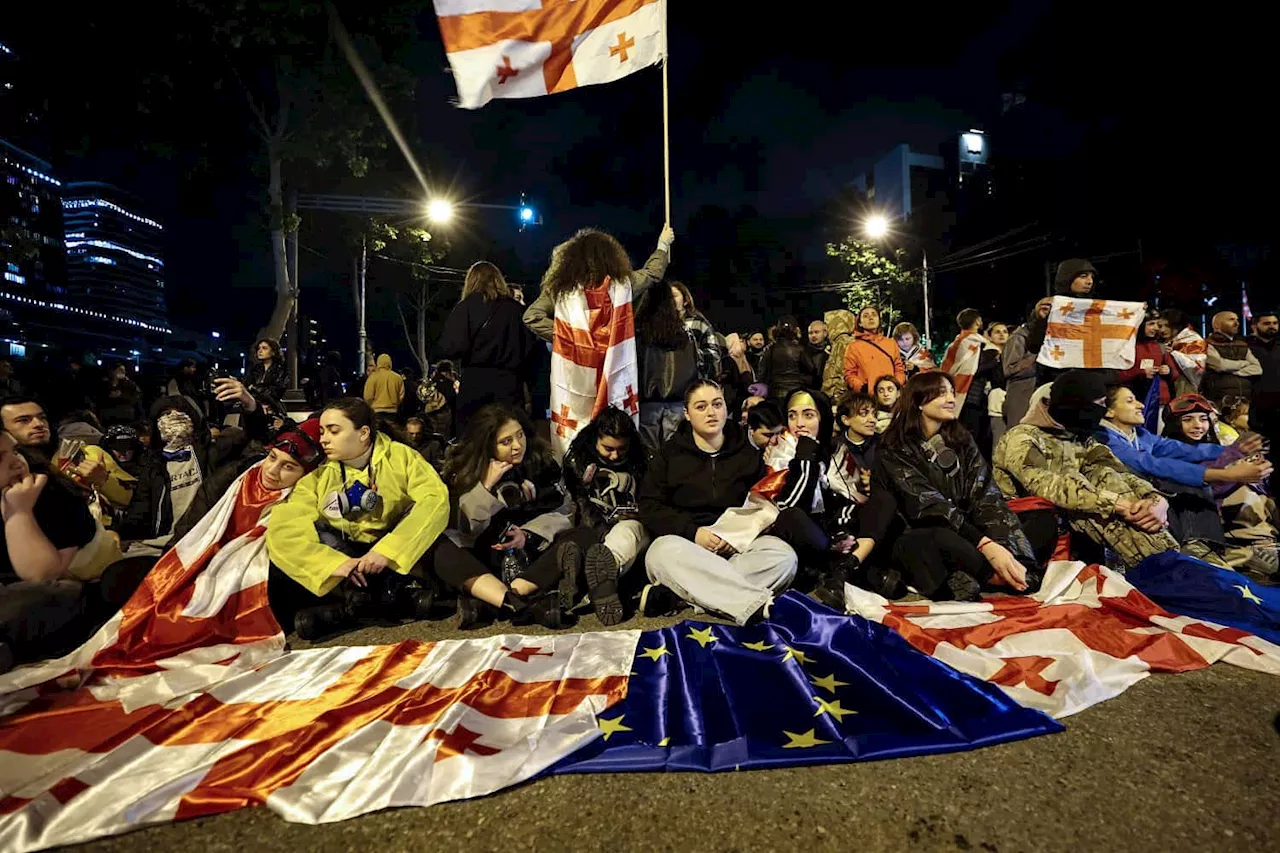As election day approaches, a Daily Maverick investigation monitoring trends in political discourse has revealed that the buying and selling of influence on the social media platform X is becoming a significant trend that requires scrutiny.
This article is the first in a series that will delve deeper into the commodification of influence in South Africa.
The commodification of influence is a growing industry characterised by manipulating public opinion through paid endorsements by anonymous mega influencers on X. Our investigative team, combining data science with traditional journalism, has meticulously mapped out this complex ecosystem. Influencers in South Africa range from “mega influencers” with millions of followers to “nano influencers” or “foot soldiers” with smaller yet highly engaged audiences. These influencers wield considerable power over public opinion, making them essential tools in the arsenals of both commercial and political strategists.
“Democracies depend on information integrity and on the ability of its citizens to make informed decisions based on verifiable facts and claims. Previously, news and current affairs content traditionally came from traditional media, where professional journalists were trained to uphold a code of practice.
A data analysis of political conversations on X.com shows that a preponderance of potential paid influencer accounts is grouped within the ActionSA and EFF communities, although there is also notable presence within the #PutSouthAfricansFirst / Operation Dudula xenophobe community and the MK Party community . Conversely, the progressive, liberal and conservative community , the Rise Mzansi community and President Ramaphosa’s community show relatively low incidences of potential paid influencers.
A public relations executive who asked not to be identified said she also used anonymous mega influencers for her clients in the entertainment industry. “I just give them the brief and payment and tell them that I want this and that to trend; how this happens is up to the influencer,” she said. “I always demand payment upfront or at least half,” he said. “Once I receive the payment, I contact five other mega influencers on WhatsApp and tell them about the campaign. They then instruct their networks to make the campaign trend. The real people who work hard to make the campaign trend are the nano influencers, who get paid R100 via e-wallet or airtime. After retweeting, the nano influencers post a screenshot on the WhatsApp group and get paid.
Equally important are the foot soldiers – the nano influencers – who execute these campaigns on the ground. These individuals, often motivated by financial incentives, play a critical role in disseminating campaign messages. Their stories and motivations provide valuable insights into the functioning of this industry.
Influencers often work in groups to get a trend started by posting about that trend, or using a specific hashtag, early in the morning when fewer people are awake and X’s trending algorithm is more sensitive to their activity, as was the case in the anti-DA, pro-ActionSA campaign on the 3 May 2024.Anonymous mega influencers often engage in a practice known as “engagement farming” to grow their followers.
Bots are programmed to follow accounts, like posts and even engage with content to mimic real user behaviour. This artificial engagement can deceive genuine users into following these influencers, believing they are part of a large, active community. Additionally, some influencers participate in follow-for-follow schemes, where they follow large numbers of accounts with the expectation that many will “follow back”, further inflating their follower counts.
This creates echo chambers, where manufactured opinions gain undue prominence, leading to increased societal division and scepticism towards authentic media reports. This results in hyper-reactive communities and radicalisation, causing normal people to support extreme causes and become increasingly galvanised against new and different points of view.
According to an article published in October 2023, Nicolene Schoeman-Louw, a technology specialist and lawyer, emphasised that disclosure and transparency are crucial aspects of influencer marketing in South Africa. Many people may not be aware, but there is a Social Media Code of Conduct that has been published by the Advertising Regulatory Board .
Despite these regulations, enforcement is often lax, and many influencers and brands consistently fail to comply with the requirements. This lack of enforcement undermines the effectiveness of these regulations and allows unethical practices to persist. Taking political content, especially that disseminated through social media, with a degree of scepticism can help mitigate the undue influence of these orchestrated campaigns. The onus is both on regulators to enforce transparency and on individuals to critically evaluate the information they consume, ensuring a more informed and resilient democratic society.Tabelo Timse is a freelance investigative journalist with a strong background in media.
South Africa Latest News, South Africa Headlines
Similar News:You can also read news stories similar to this one that we have collected from other news sources.
 Apology to former PIC chief financial officer Matshepo MoreOn 3 October 2023, Daily Maverick published an article titled, PIC chief to continue Labour Court battle to defend the firing of CFO Matshepo More. In the initial version of the article, it was stated by Daily Maverick that an attempt was made to contact More for comment but did not receive any response at the time of publication.
Apology to former PIC chief financial officer Matshepo MoreOn 3 October 2023, Daily Maverick published an article titled, PIC chief to continue Labour Court battle to defend the firing of CFO Matshepo More. In the initial version of the article, it was stated by Daily Maverick that an attempt was made to contact More for comment but did not receive any response at the time of publication.
Read more »
 'How parties appear on the ballot may influence voters' - SABC News'The top candidate on the ballot paper usually gets gratuitous votes from undecided voters.'
'How parties appear on the ballot may influence voters' - SABC News'The top candidate on the ballot paper usually gets gratuitous votes from undecided voters.'
Read more »
Uganda: The rising influence of Museveni’s children, close family membersAs Uganda’s President Yoweri Museveni grows older, his children and other key relatives are increasingly gaining influence. Museveni is devolving power either intentionally or due to pressure from the family that sees him ageing, analysts argue.
Read more »
 Georgia MPs to override veto on ‘foreign influence’ law next weekAs it gears up for the vote, the ruling Georgian Dream party blasted the United States for 'encroaching' on its sovereignty,
Georgia MPs to override veto on ‘foreign influence’ law next weekAs it gears up for the vote, the ruling Georgian Dream party blasted the United States for 'encroaching' on its sovereignty,
Read more »
 US names Kenya as major ally in face of growing Russian influenceKenyan President William Ruto is currently on a US state visit, the first in 16 years for an African leader.
US names Kenya as major ally in face of growing Russian influenceKenyan President William Ruto is currently on a US state visit, the first in 16 years for an African leader.
Read more »
 Concerns about Vodacom’s influence over Vumatel and DFAMTN presented its concerns over the deal to the Competition Tribunal on Monday, 20 May 2024.
Concerns about Vodacom’s influence over Vumatel and DFAMTN presented its concerns over the deal to the Competition Tribunal on Monday, 20 May 2024.
Read more »
